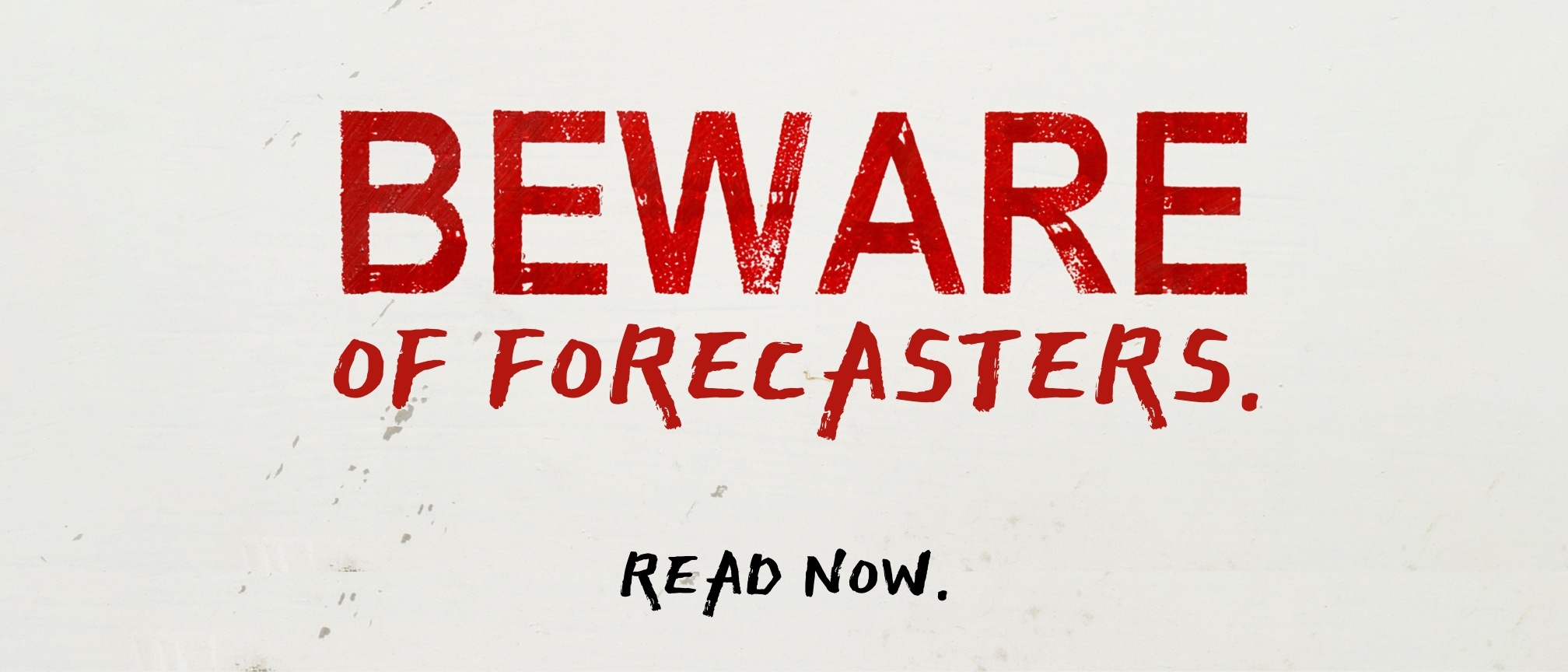Loans and credit cards all sound like a dream come true when you first hit some level of financial awareness. Many young adults have thought, “Am I about to be handed free money?” That’s before they have a true understanding of what it means to be in debt.
Choosing to go into debt is rarely a smart financial decision. However, there are exceptions. Here are a few things to consider when assessing if the benefits of taking on a specific debt are worth the downsides that come along with it…
- What’s the purpose of the debt?
- Will what I’m going into debt for gain or lose value over time?
- Will this debt help me increase my income or net worth?
- What type of debt is it?
- Is this debt low-interest or variable/high-interest?
- What is the cost of the debt?
- Realistically, can you pay it off in a timely manner?
- If so, what’s your exact plan for that?
If you decide to take on a debt, it’s best to do so for something that is more of a necessity than a desire. Choose something that will increase in value over time and assist you in the future. Look for quality, low-interest debts, and only borrow an amount that you can confidently repay.
The bottom line is that “good debt” is meant to help you reach your financial goals while “bad debt” actually makes it more difficult to accomplish them. The idea behind taking on good debt is to create future financial opportunities for yourself that you wouldn’t be able to otherwise. Below are a few common examples of good debt and bad debt...
Good Debt
Student Loans
Many people consider a college education and the experiences that come along with it to be worth the investment. More importantly, from a strictly financial standpoint, it has been proven that a degree will increase your long-term earnings potential. According to Forbes, people with a bachelor’s degree earn 66% more in their lifetime, on average, than those without a degree. And we’re not just talking about the Ivies. This trend has even proven to be true for people that take out a reasonably sized loan to attend a trade school.
Note our use of the word “reasonably.” An important part of taking on student loan debt responsibly is to determine whether or not entry-level jobs in your chosen field could comfortably cover the monthly payments you’ll owe after graduation. To ensure this, aim for your payment amount to be below 10% of your projected after-tax monthly income. For example, if you expect to earn $50,000 during your first year in the workforce, your borrowing cap would be $29,000.
Mortgages
First of all, having some sort of roof over your head is a need, not a want. If you can afford a mortgage, it is a good financial decision because you will be building equity in an asset versus stuffing a landlord’s pockets. Better yet, you can actually use your mortgage as a hedge against inflation.
Land and property values tend to rise alongside inflation, which can actually make it cheaper to pay off this type of debt (as long as your loan has a fixed interest rate). For example, say you took out a mortgage with a monthly payment of $1,000 in 1990. Inflation has made it so that $1 in 1990 is equivalent to about $2 today. So, your $1,000 mortgage payment is worth about $2,000 now. But you’re not paying that, you still only pay the $1,000 per month that was originally agreed upon. That means you’re basically paying half of the true, current value each month while still servicing your debt. Although rent costs in your area may have skyrocketed in the last 30 years, because you took out a mortgage to pay for your own home, you get to continue to pay that pre-inflation price.
Bad Debt
High-Interest Credit Cards
As opposed to good debt, many things we buy with credit cards are wants, not needs. To make matters worse, their annual percentage rates typically range from 12% to 30%, which quickly makes your debt more expensive. For example, if you spend $500 on your credit card that has a 22% APR, then only make the minimum payments on it, it will take you over four years to pay it off and you will incur almost $280 in interest. It’s not as if there are no benefits to credit cards, such as reward points, it’s just that if you don’t manage them carefully your debt can easily spiral out of control.
Personal & Payday Loans
Like with credit cards, it’s not that there are no valid reasons to take out personal loans. Choosing to do so for unnecessary reasons, however, can become quite the expensive habit. The most toxic option is the payday loan. These are usually for amounts under $500 and are meant to be repaid with your next paycheck. Payday loans often come with interest rates as high as 300% which can make them immediately unaffordable. This type of debt is actually so expensive that some states regulate, or even prohibit, payday loans.
Of course, even good debt has risks. Assumptions about the future, even if they are educated guesses based on past results, are not facts. For example, a college degree does not guarantee that you will walk out of your graduation ceremony into an office where you earn enough money to make large payments toward your student loan debt. Just bear in mind that, unless you have an eerily accurate crystal ball that you’re not telling us about, it’s always important to consider, and plan for, where things could go wrong before taking on debt.
Each situation is unique. Instead of asking, “is this good debt,” ask, “is this debt good for me.” When in doubt, consult with a fee-only, fiduciary financial advisor. They will use their knowledge and expertise to guide you down the best path. Whatever you do, avoid robbing your future self to pay for something you want in the moment. As tempting as it is, trust us when we say it’s not worth it to go into debt for the sake of funding your current lifestyle if you don’t have a realistic repayment plan.
Sources:
https://www.forbes.com/advisor/loans/good-debt-vs-bad-debt/
https://www.nerdwallet.com/article/finance/good-debt-vs-bad-debt
https://www.businessinsider.com/how-to-invest-for-inflation
.png)
.png?width=440&height=102&name=Wealth%20Conservatory%20Logo%20(1).png)



